

Write what you are looking for and press enter to begin your search!
Live News
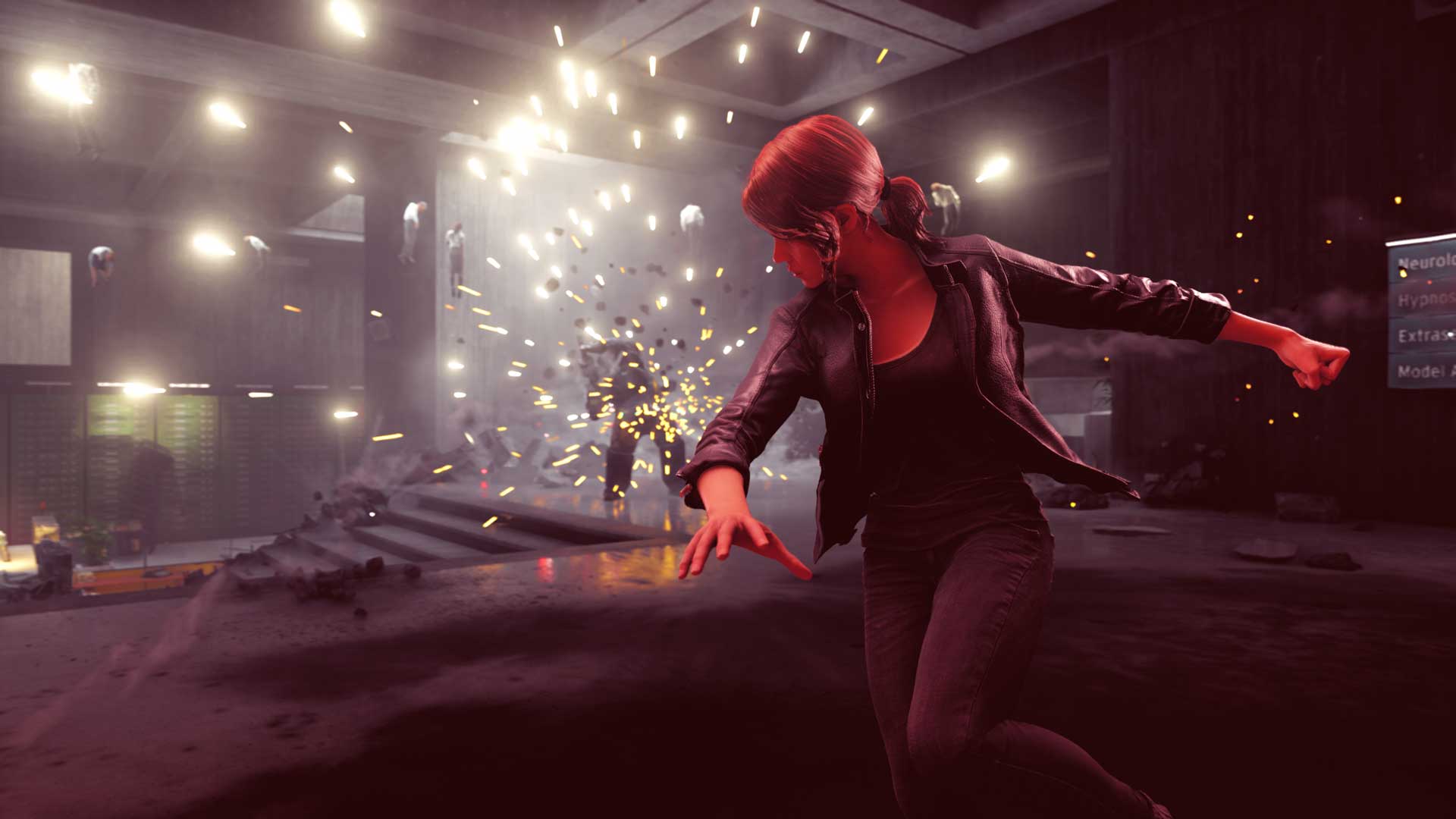

Control Is A Trippy Metroidvania Sci-Fi Thriller That Makes You Feel Like A Jedi
 ">
">
By Alleef AshaariVerified|August 29, 2019|1 Comment
What happens when you put Metroid, Inception, Fringe or The X-Files (whichever TV series you prefer), and a Jedi Force simulator in a blender? It comes out in the form of Remedy Entertainment’s Control, one of the most refreshing and best games of 2019.
There’s nothing else quite like it in today’s gaming climate of uninspired open-world games and online shooters. It’s weird and bizarre in all the good ways, as the game pulls you in its bizzaro world in the first 30 minutes and never lets go.
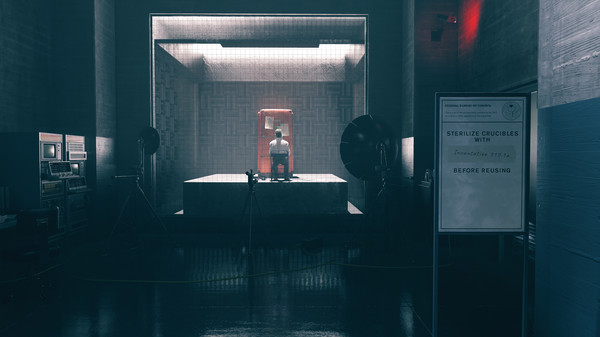
A lot of reviews describe Control as a supernatural thriller, but I personally felt like the game’s unique and often bizarre science fiction elements reminded me of TV series like the X-Files or Fringe.
In Control, players assume the role of protagonist Jesse Faden. At the very beginning, Faden shows up at the mysterious HQ of an organization called the Federal Bureau Of Control (FDC) and suddenly finds herself thrust into the role of director when she picks up the gun of the deceased director.
It turns out that the gun is an Object Of Power called The Service Weapon, which only special individuals are qualified to wield. Consider it to be like a version of King Arthur’s Excalibur, except that it’s a form-changing gun that can kill psychic entities.
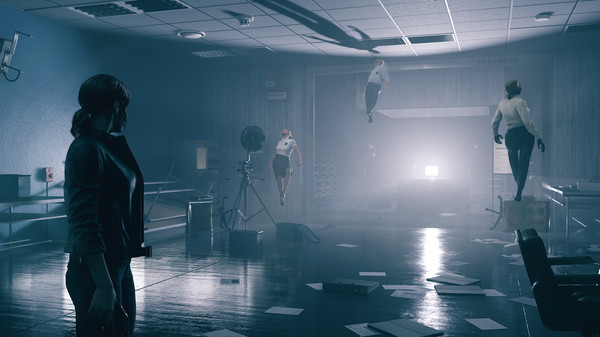
Faden then learns that hostile psychic entities called the Hiss has invaded the Oldest House (what the FDC’s HQ is referred to) and that it’s her job to help the Bureau fight back. Oh, and she’s doing all this to find out if her brother is still alive (he was kidnapped by the FDC in an incident during their childhood).
The game doesn’t really explain all this, so I spent the first few hours getting bombarded by acronyms and terms like the HRA and Altered Items. I had to go along with every baffling plot detail that the narrative threw at me. It all sounds utterly bonkers and frustratingly random at first.
The cryptic plot is intentional on Remedy’s part, allowing the player to stay engrossed in the meticulously-detailed game world. It’s a testament to the developer’s excellent world-building that a game taking place entirely in one single (albeit shifting) office building can be so captivating and interesting.
While there are the usual documents, files, and audio logs (that act as collectables) that reveal bits and pieces of the game’s world, what I like the most is how Control expands its lore and explains key ideas (like the previously-mentioned HRA and Altered Items) through old-timey live-action VHS tapes recorded by the game’s lead scientist character, Dr Darling.
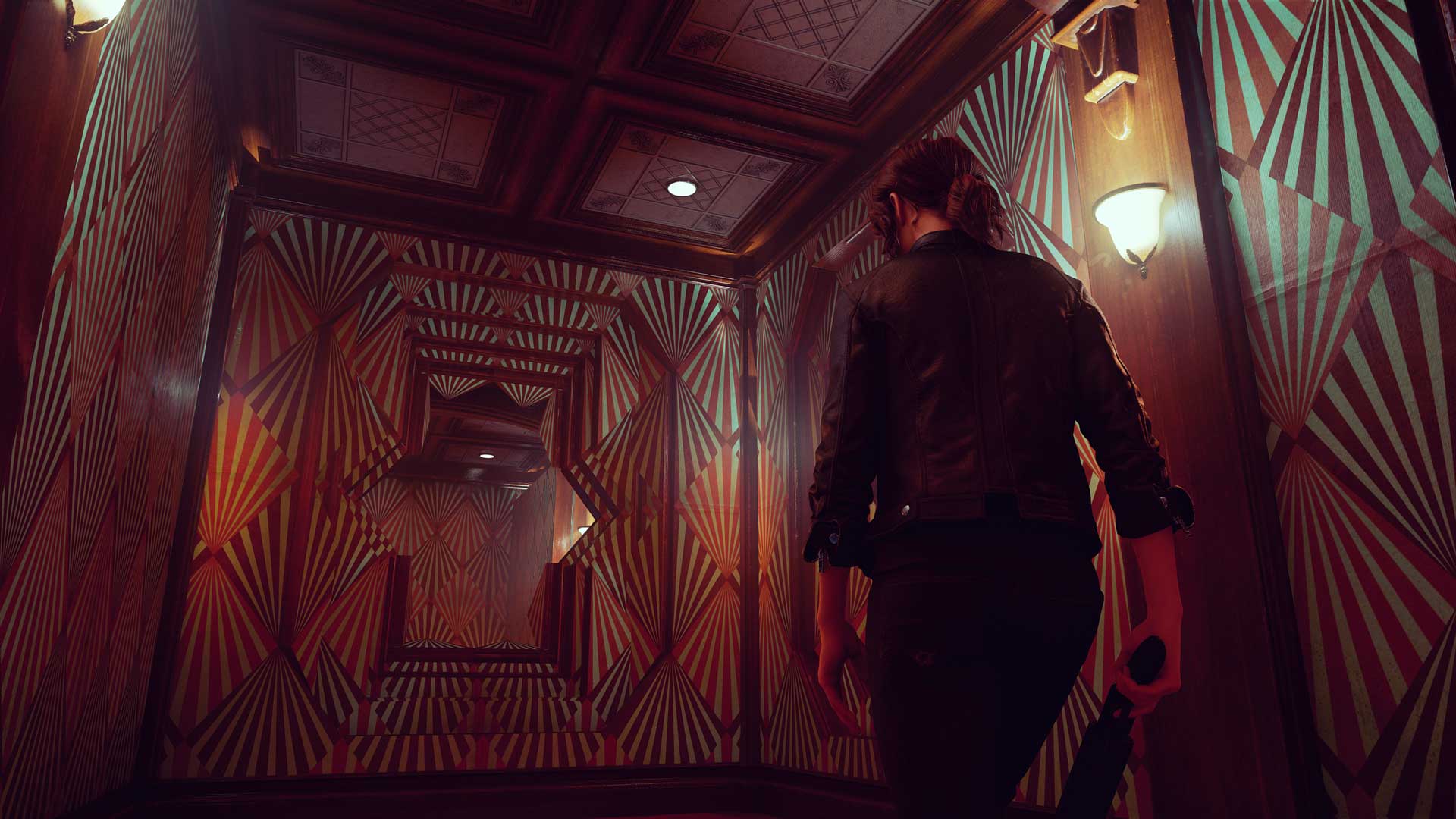
Remedy Entertainment’s previous games have all been mostly linear in nature, including 2016’s Quantum Break and 2010’s Alan Wake, both of which were structured to be episodic like a TV series. Control abandons all that for a new Metroidvania-inspired non-linear adventure set entirely within the confines of a reality-shifting office building.
While the game still features story missions and objectives to follow and move the narrative forward, Control is a pretty open experience, giving players the freedom to go wherever they please without being stuck to a straight corridor. It doesn’t push you towards a particular direction, so it’s up to the player how he or she wishes to get there.
However, the Metroidvania elements mean that players will encounter doors or pathways that they cannot access, simply because they haven’t reached a certain clearance level yet or if the game is saving that section for a story or side mission down the road.
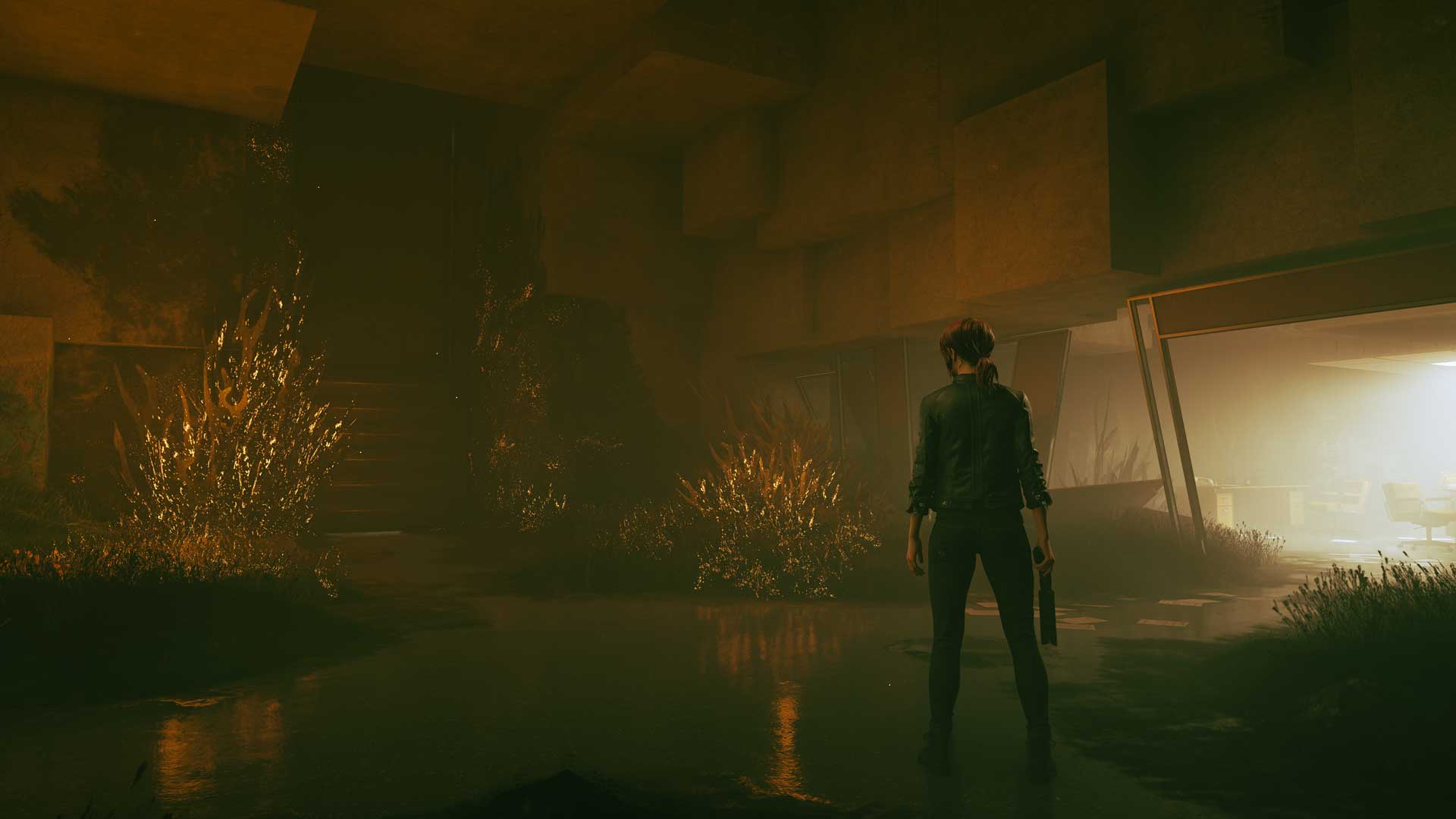
Players used to the hand-holding experiences in games like the Assassin’s Creed or Uncharted franchises may find Control a bit outside their comfort zone. The missions and objectives are often never as simple as going to the location in question and completing a task.
It’s not always immediately clear what you have to do to complete the objective or how you’re going to even reach the place that the objective wants you to go. Of course, there’s a mini-map, and it’s just helpful enough to guide your way, but the path to getting where you need to go is never simple. Sometimes there puzzles in the way, or maybe it’s situated underground.
The game doesn’t spell it out for the player, and I find that extremely refreshing for a modern game being released in 2019.
Half the fun is in getting to where you need to go and exploring all the nooks and crannies of the maze-like structure of the multi-levelled FDC headquarters.
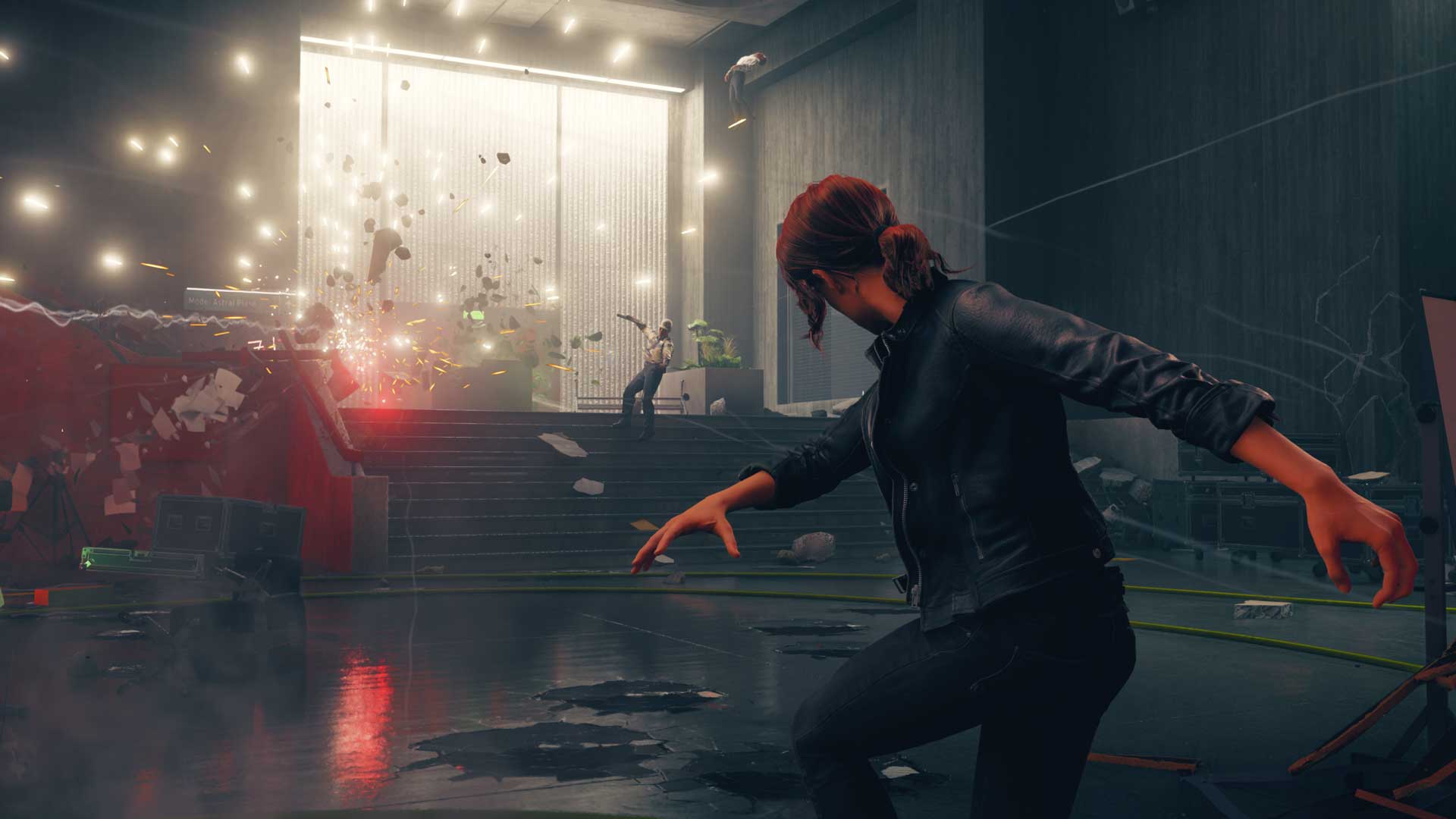
No Star Wars game has ever truly captured the feeling of using the Force during combat and gameplay. 2008’s Star Wars The Force Unleashed almost nailed it, but it ultimately felt too cumbersome and not satisfying enough. Other games employed similar anti-gravity or telekinetic abilities, including the Destroy All Humans! franchise and 2004’s cult classic Psi-Ops: The Mindgate Conspiracy.
These were all fun, but none reached the sheer satisfaction and chaotic fun achievable in Control. The first supernatural ability obtained by Faden is Launch, which is the popular levitating an object and throwing it at enemies.
What makes the same telekinetic ability much better in Control is the number of possible things you can throw, as well as how simple it is to execute but satisfying at the same time. Players press R1 (and hold) to levitate an object and release the button to hurl it towards an enemy. These objects can be anything from ripping a chunk of rock from the ground and stuff that explodes on contact to even mundane office stuff like printing machines and whatever’s sitting on top of a typical office desk.
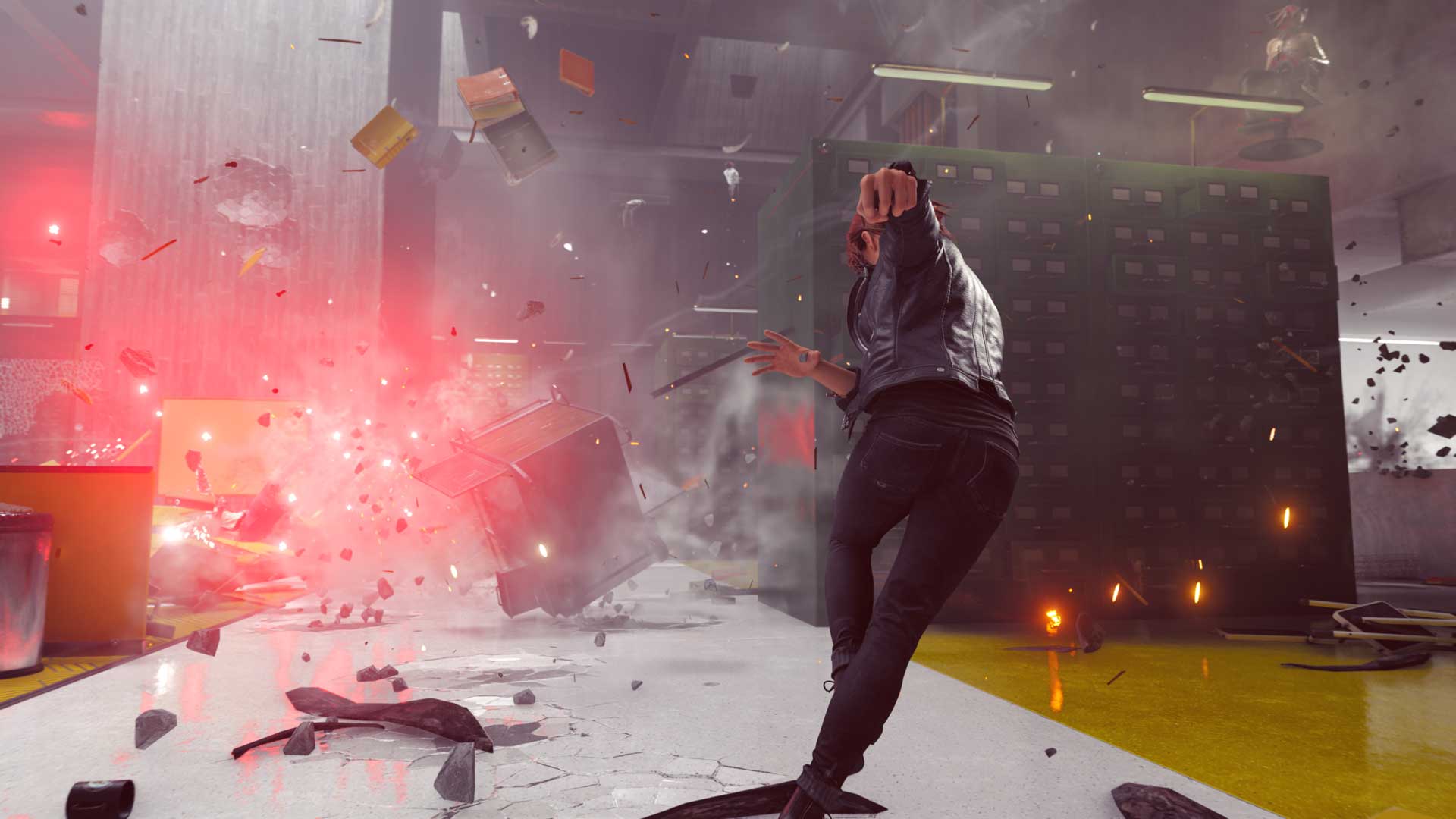
Using Launch feels a lot like throwing the Leviathan Axe in 2018’s God Of War. There’s a satisfying whizzing through the air sound when you rip and levitate the object, before launching it through the air. I’ve probably used Launch hundreds of times throughout Control, but I never got tired of it.
That’s not even mentioning all the other supernatural abilities in Control, though they’re more technical and less offensive in nature. This includes using your psychic powers to rip chunks of rock and make a Shield (I was actually hoping for a psionic shield), dashing to evade, and the ability to control your enemies for a limited time (turning them to your side).
Players also have the Service Weapon, which can change forms to enable shotgun, rapid-fire, or charged modes of firepower.
The third-person over-the-shoulder gunplay feels smooth and satisfying, though it doesn’t reach the heights of other games like The Last Of Us or Gears Of War. That’s okay because the main highlight of the gameplay lies in Faden’s supernatural physics-defying abilities.
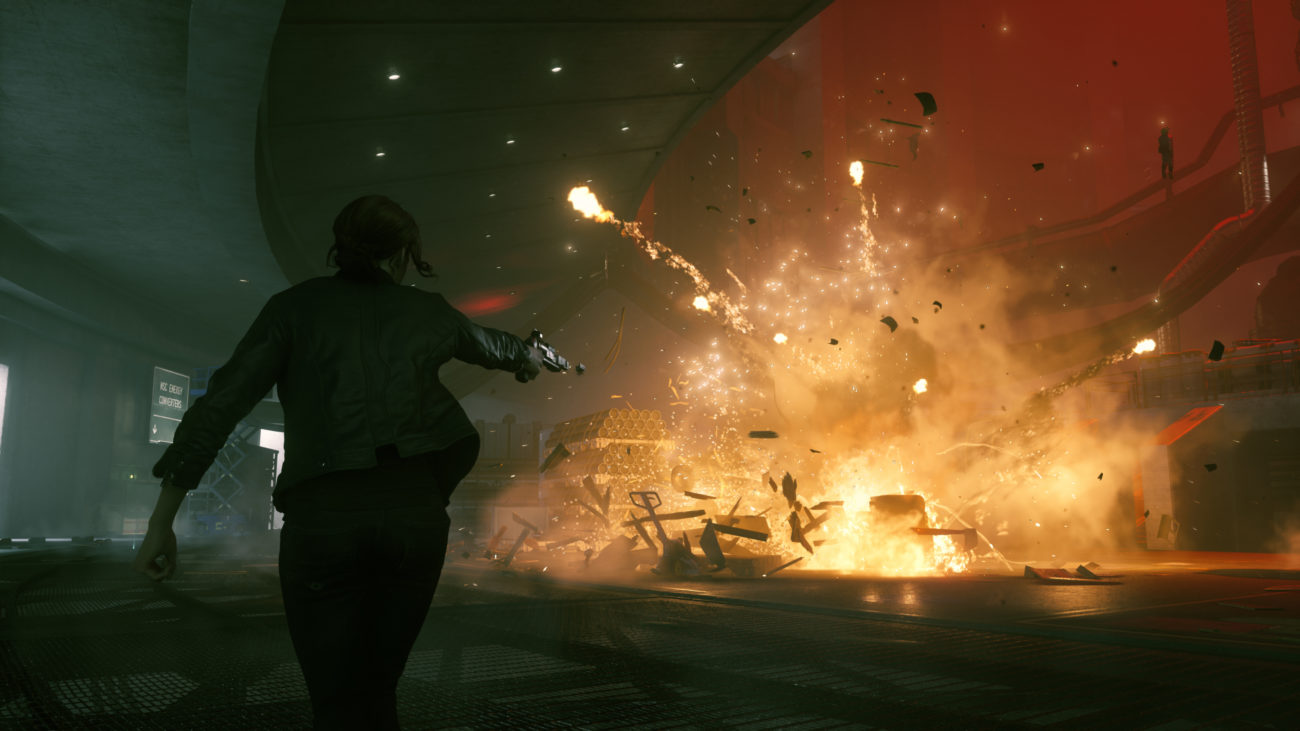
I would be remiss not to take the opportunity to praise Control’s advanced and brand new physics engine, without which the game would’ve lost the very thing that made the game special. The physics on show in Control is one of the most impressive I’ve seen in a video game. Almost everything you see in the environment can be broken or affected by what happens.
During combat, sheets of paper fly into the air as the office desks get crushed in the heat of the action, causing the glass to shatter and metals to visibly bend. I often experiment by dashing through glass windows or office cubicles just to see the particles flying around and revel in the beautiful details.
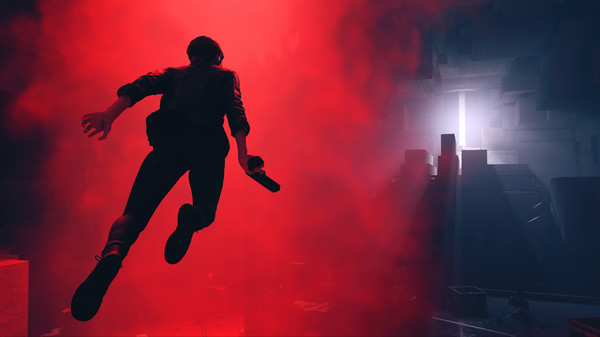
Unfortunately, these incredible feats and displays of physics and particle effects usually cause the framerate to drop and stutter during especially frantic battles when too many enemies and things get destroyed onscreen.
These instances happen way more often than I’d like, but they don’t really diminish the overall experience too much, and the performance can always be improved in future updates.
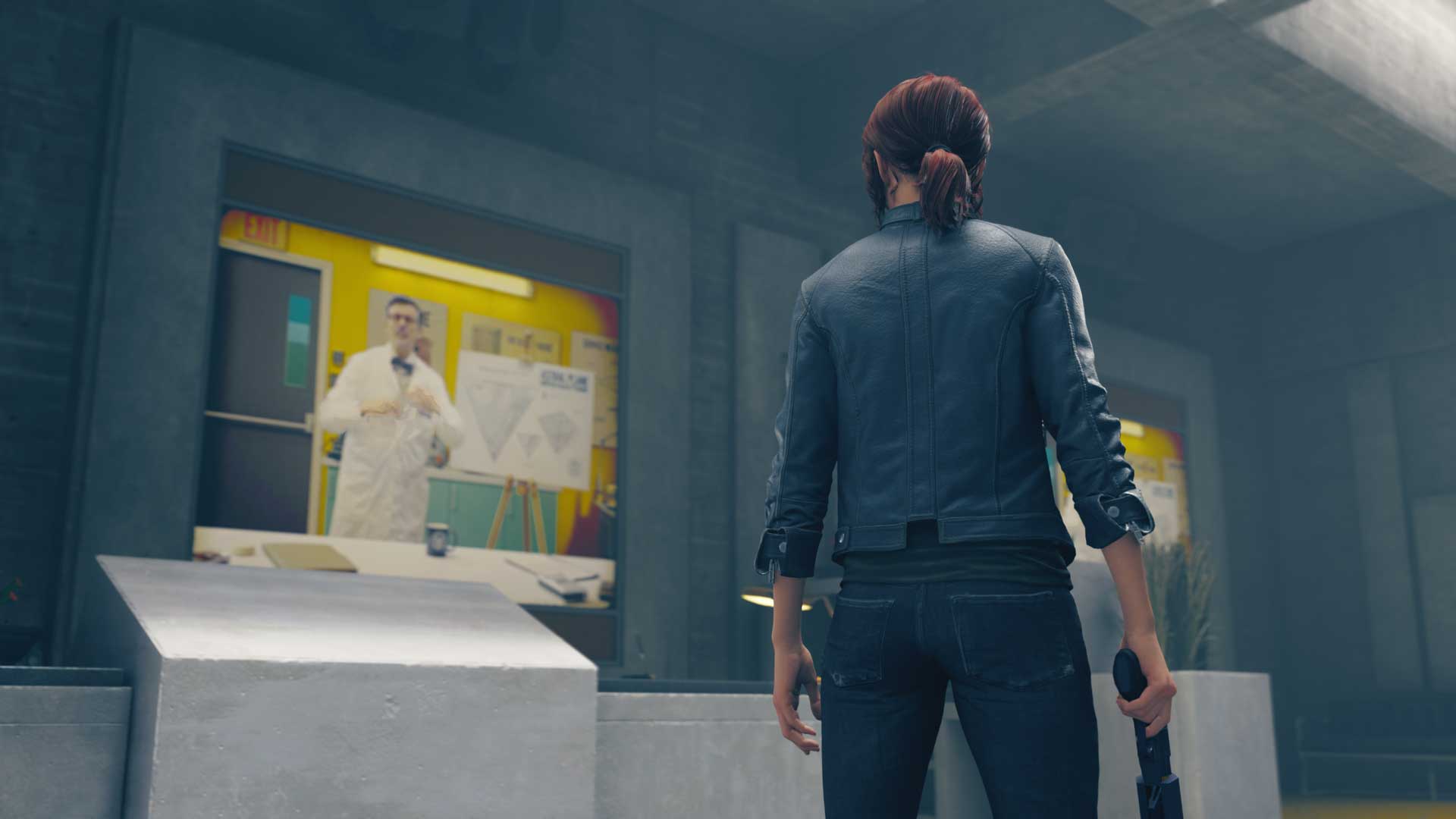
Control is a game that needs to be experienced in order to fully comprehend its weird-as-heck world and physics-defying gameplay. Remedy Entertainment has finally regained the level of brilliance sparked by the first two Max Payne games and Alan Wake.
It’s a blend of narrative and gameplay that’s like nothing else in recent memory. It’s great that developers are experimenting again and trying new mechanics, showcasing the versatility of the video games medium.
Control was reviewed on a PS4 Pro.

By Alleef AshaariVerified|August 29, 2024
SEGA has announced that a special collaboration café for Metaphor ReFantazio, the latest RPG from ATLUS' Studio Zero, will be opening in Jakarta, Ind...
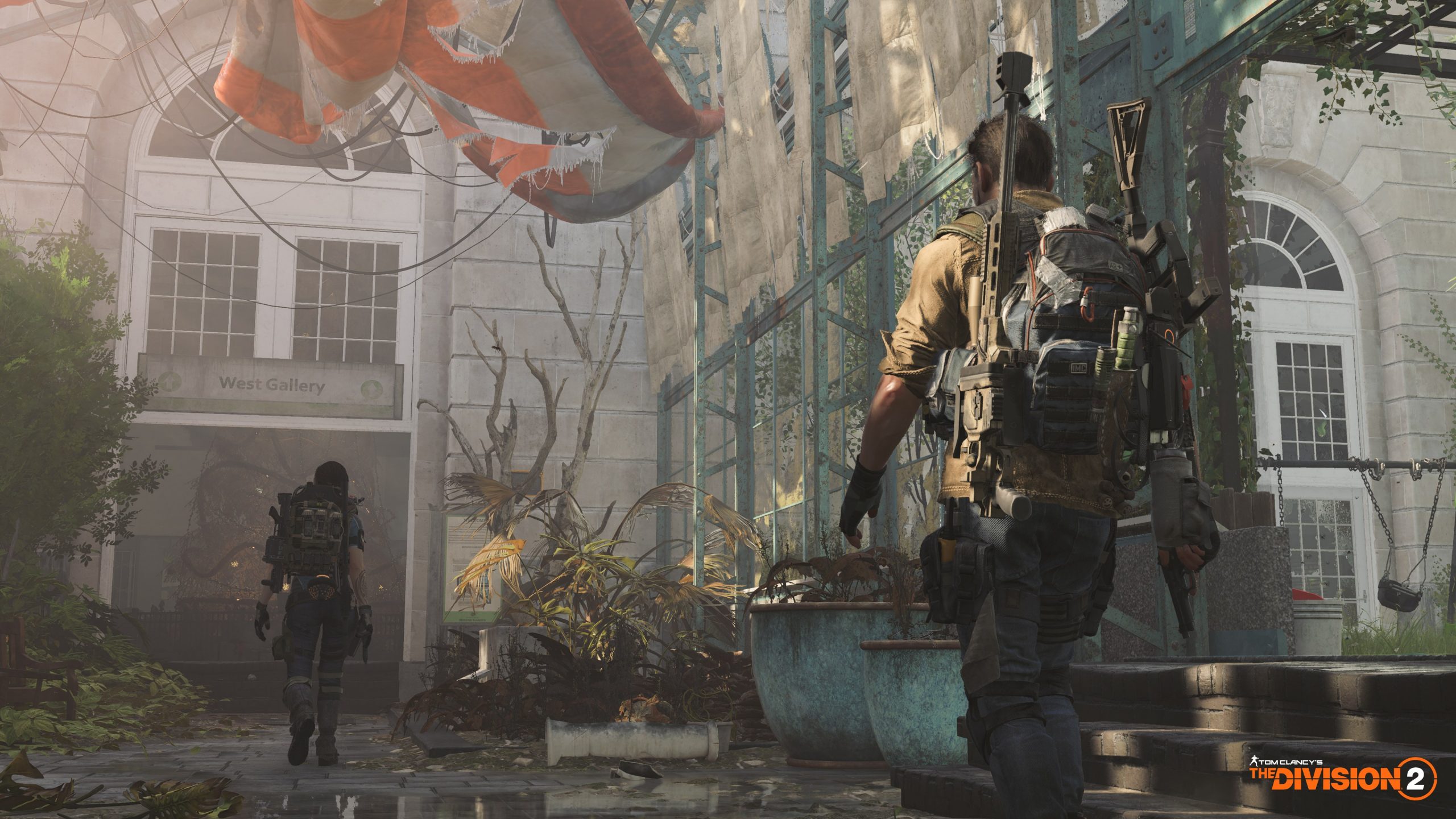
By Jonathan ToyadVerified|February 13, 2019
I dug The Division 2's private beta session. Of course, the previous session was meant for those who pre-ordered the game. For those who want to check...

By Alleef AshaariVerified|February 21, 2024
Crema and GGTech Studios have announced Temtem Swarm, a bullet hell roguelike survivor game that combines the strategic elements of Temtem combat with...

By Jonathan Toyad|April 9, 2025

By Kakuchopurei|April 2, 2025

By Kakuchopurei|March 31, 2025

By Jonathan Toyad|March 28, 2025

By Kakuchopurei|February 17, 2025

By Ali'sha Harris|February 16, 2025

By Jonathan Toyad|April 28, 2025

By Jonathan Toyad|April 28, 2025

By Jonathan Toyad|April 28, 2025

By Jonathan Toyad|April 26, 2025

By Jonathan Toyad|April 9, 2025

By Kakuchopurei|April 2, 2025

By Kakuchopurei|March 31, 2025

By Jonathan Toyad|March 28, 2025

By Kakuchopurei|February 17, 2025

By Jonathan Toyad|April 9, 2025

By Kakuchopurei|April 2, 2025

By Kakuchopurei|March 31, 2025

By Jonathan Toyad|March 28, 2025

By Kakuchopurei|February 17, 2025

By Ali'sha Harris|February 16, 2025
Copyright @ Kakuchopurei 2025
Steam Autumn Sale 2022: The Best Deals | KAKUCHOPUREI.COM
November 24, 2022 at 10:00 am
[…] best game yet because of its sci-fi trappings, its combat, and interesting plot and characters. We reviewed it favourable during its release year, so you would do well to heed our advice and get it while it’s 75% […]